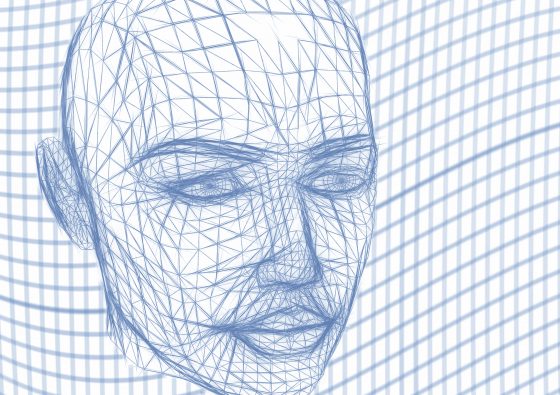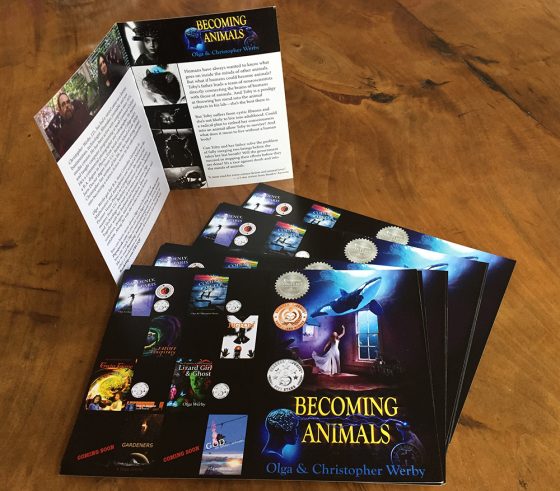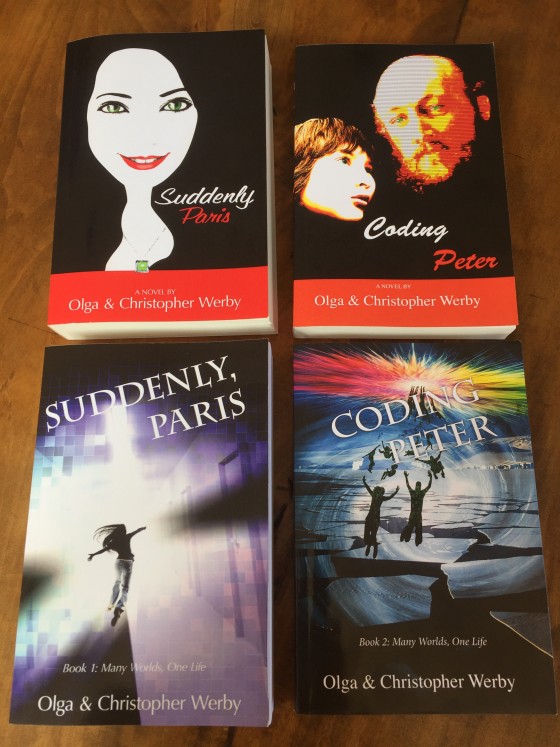
There are readers (and book-writing gurus) who want the first few words of the story to grab them so hard that they can’t let go until the end. I thought I felt a little this way too, so I started to pay attention to the first sentences of the books I read. Strangely, most were quite plain. It took time to get into the story, to fall in love with it. Some books, which I absolutely adore, required my attention for at least the first few chapters before love blossomed. That felt contrary to every writing advice I’ve read. But I did notice that while falling in love with the story might take a bit of time, strong dislike can be achieved in just a few sentences! We might relate to stories the way we relate to people. There is a ton of research that points to the human ability to judge one another — we can tell if the teacher is any good in the first 30 seconds! And our opinions don’t change, staying quite stable after an hour, a day, a week, and even after a year’s worth of instruction. That’s an evolutionary advantage — it’s good to…






